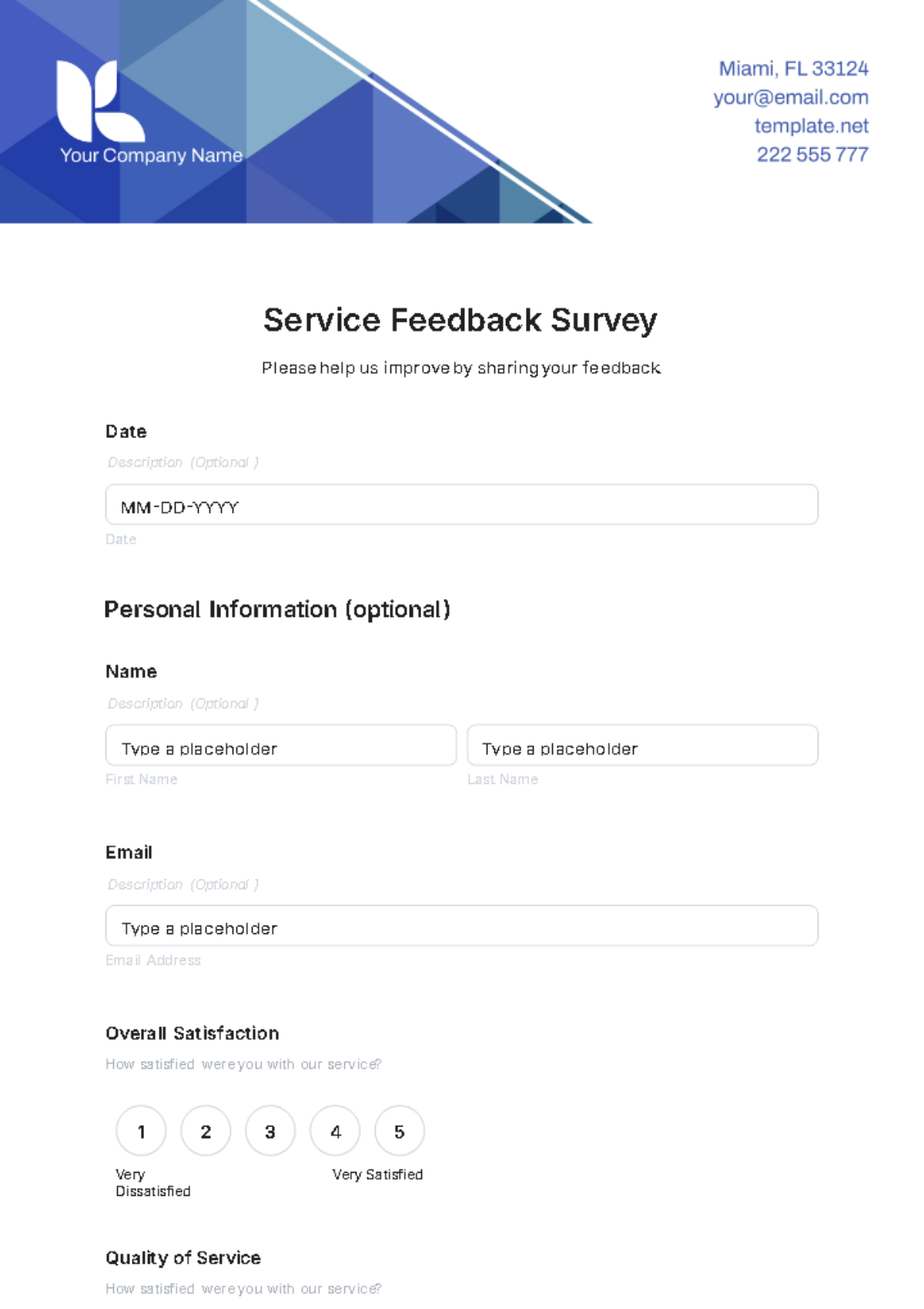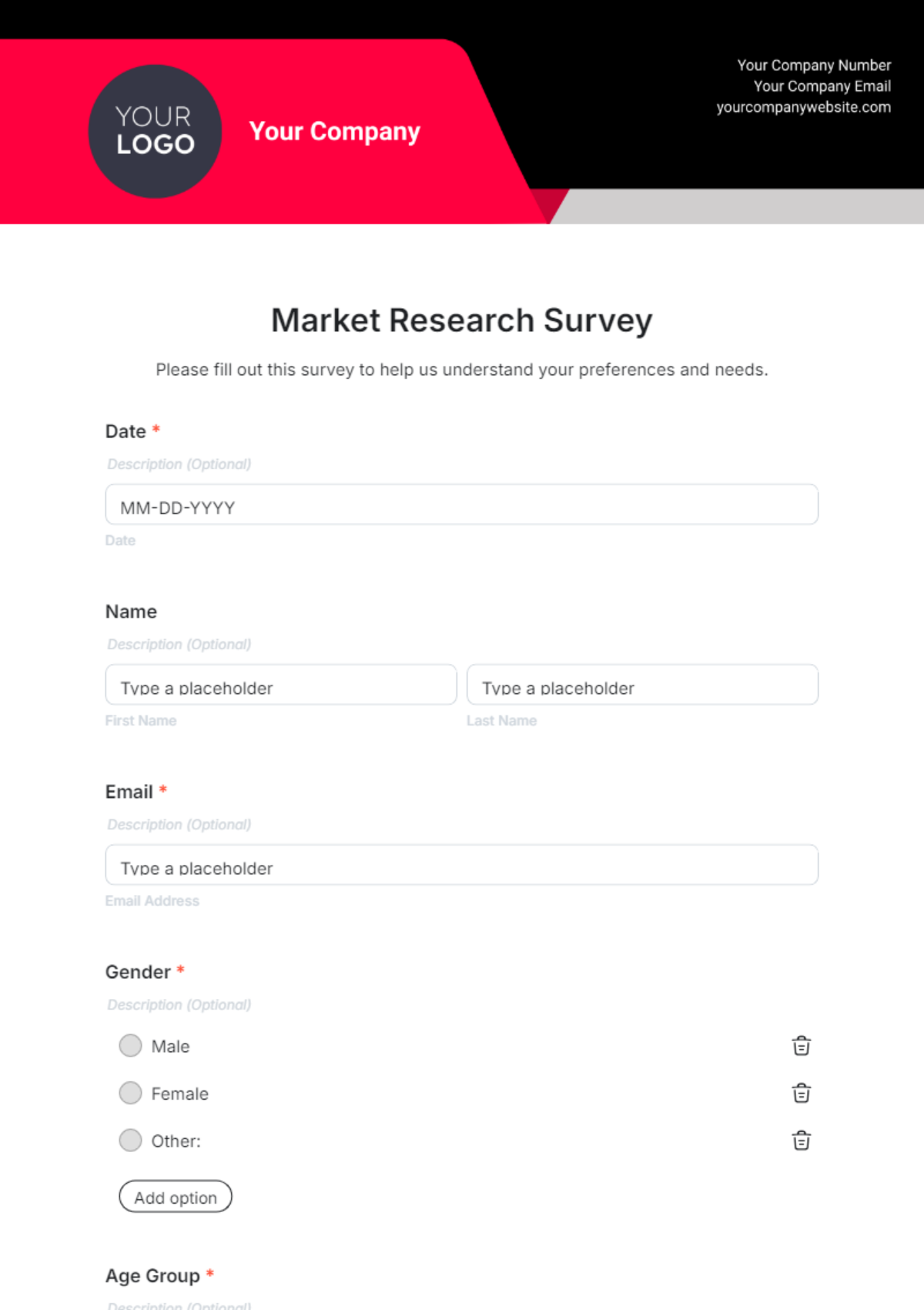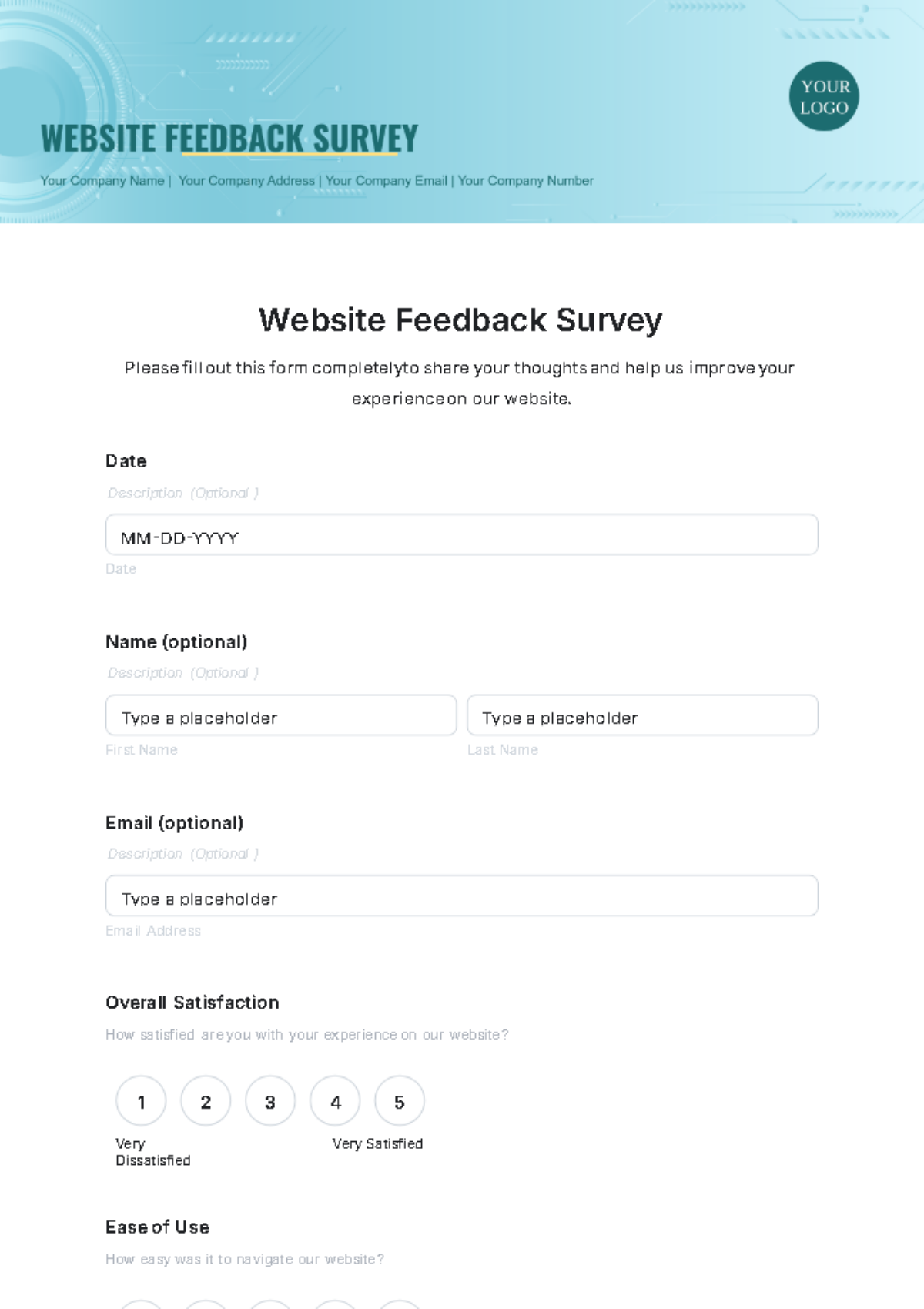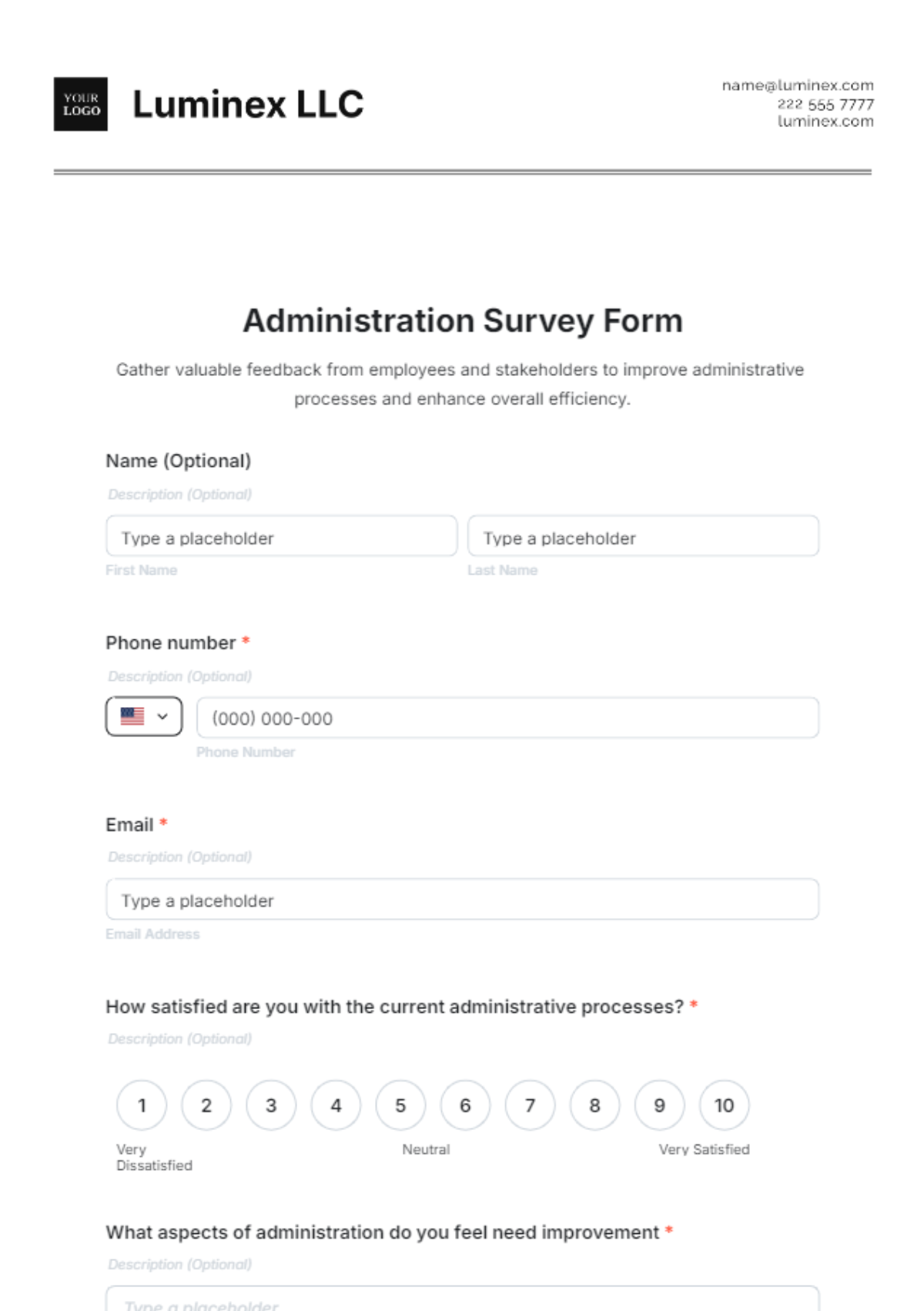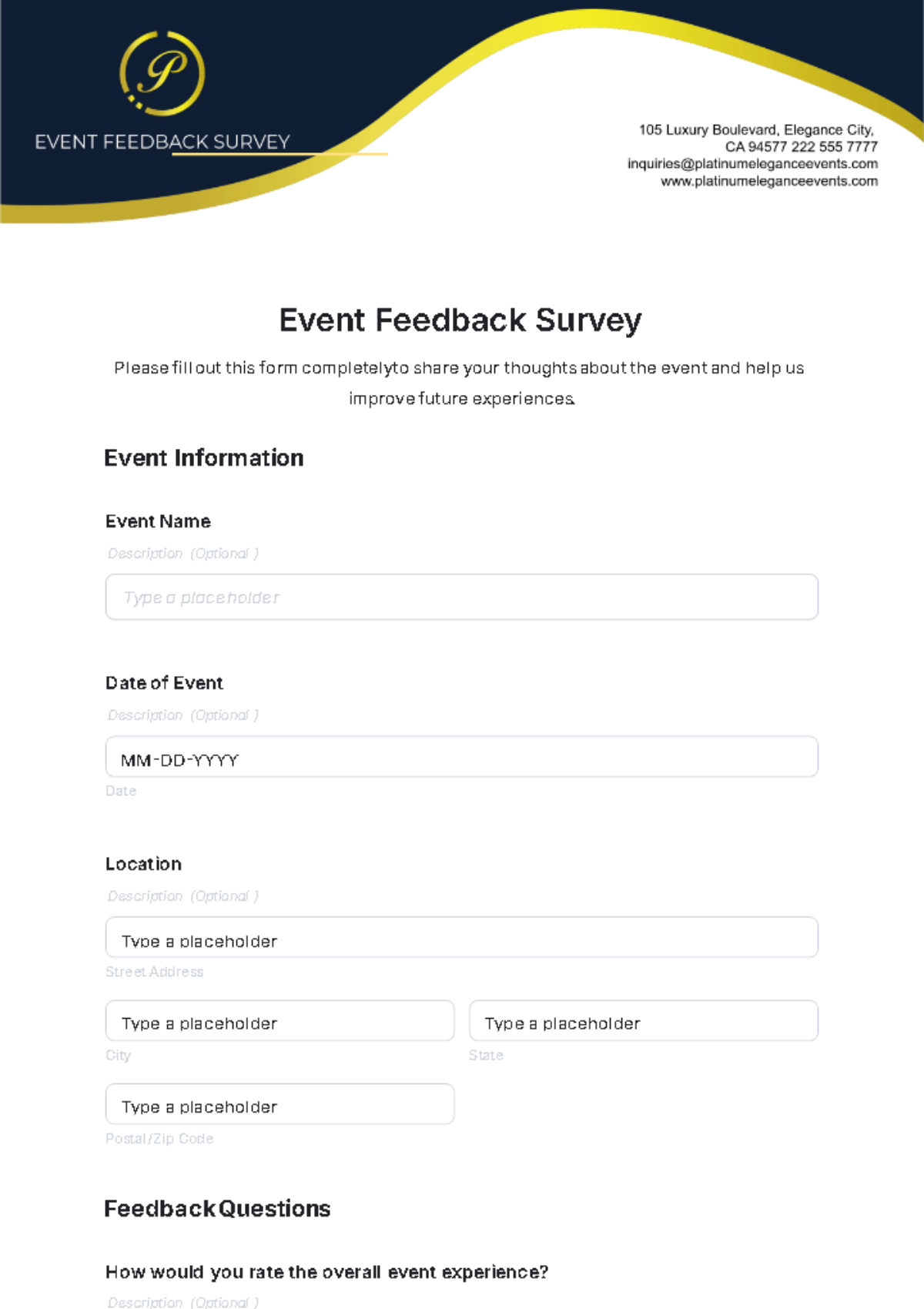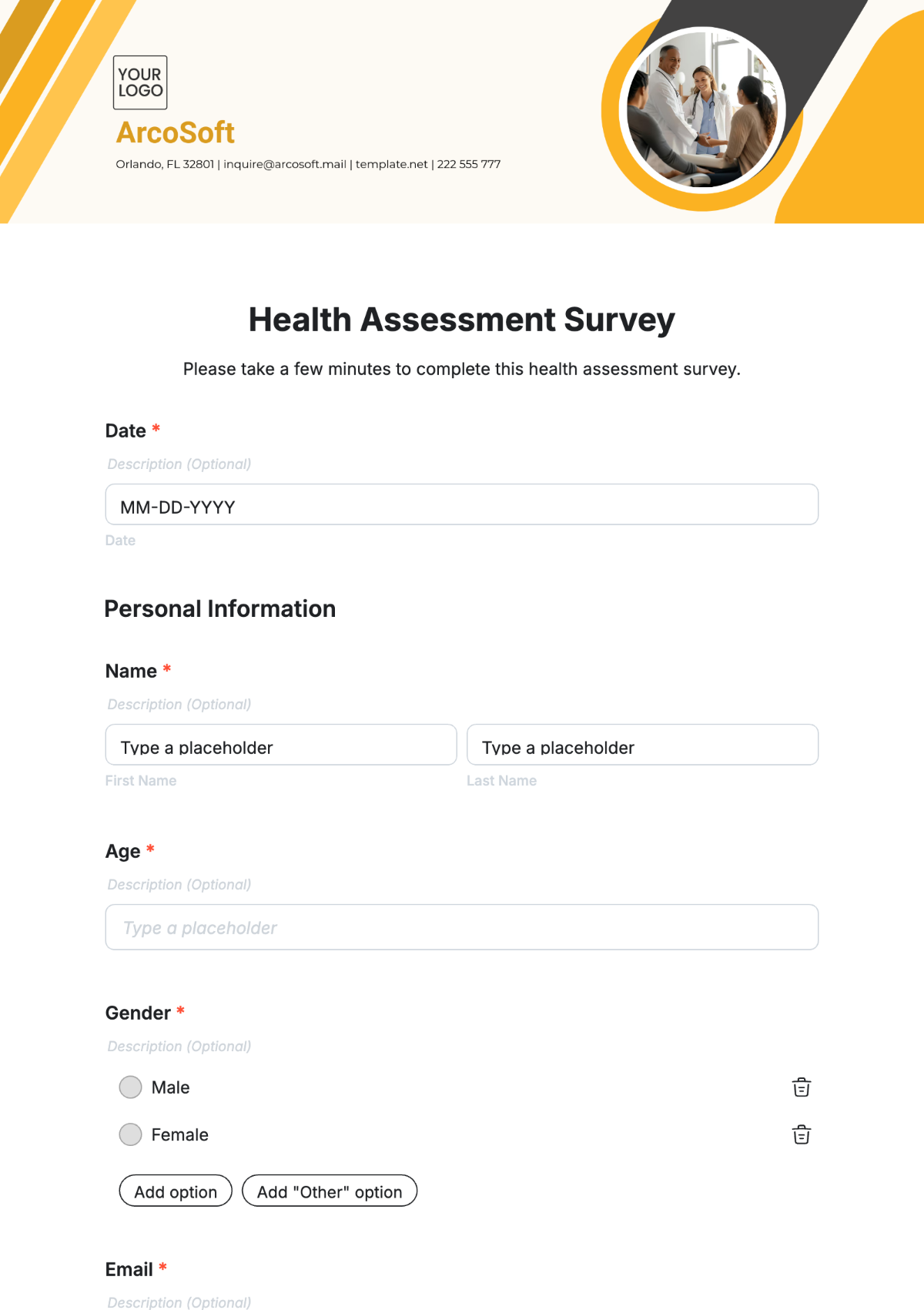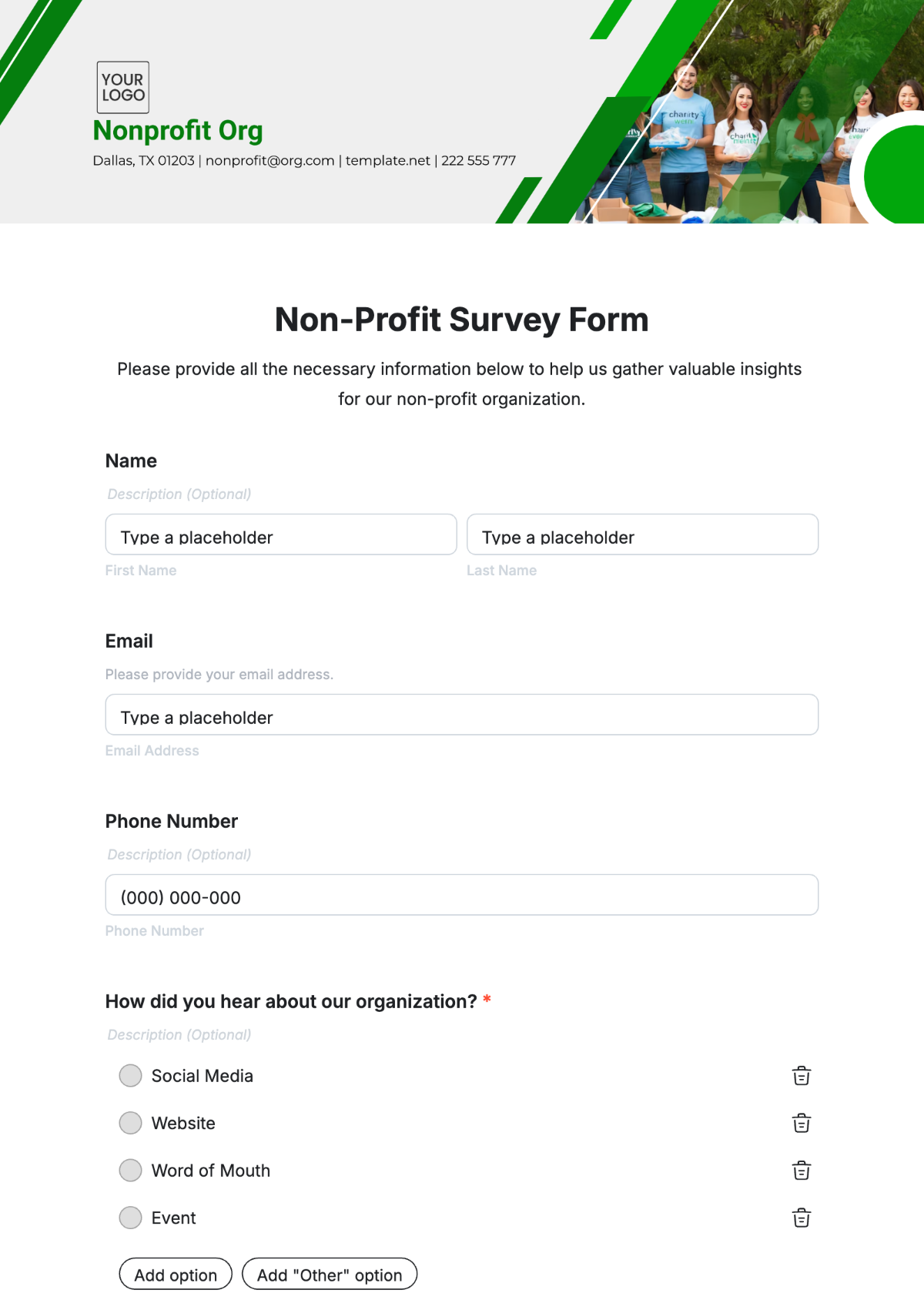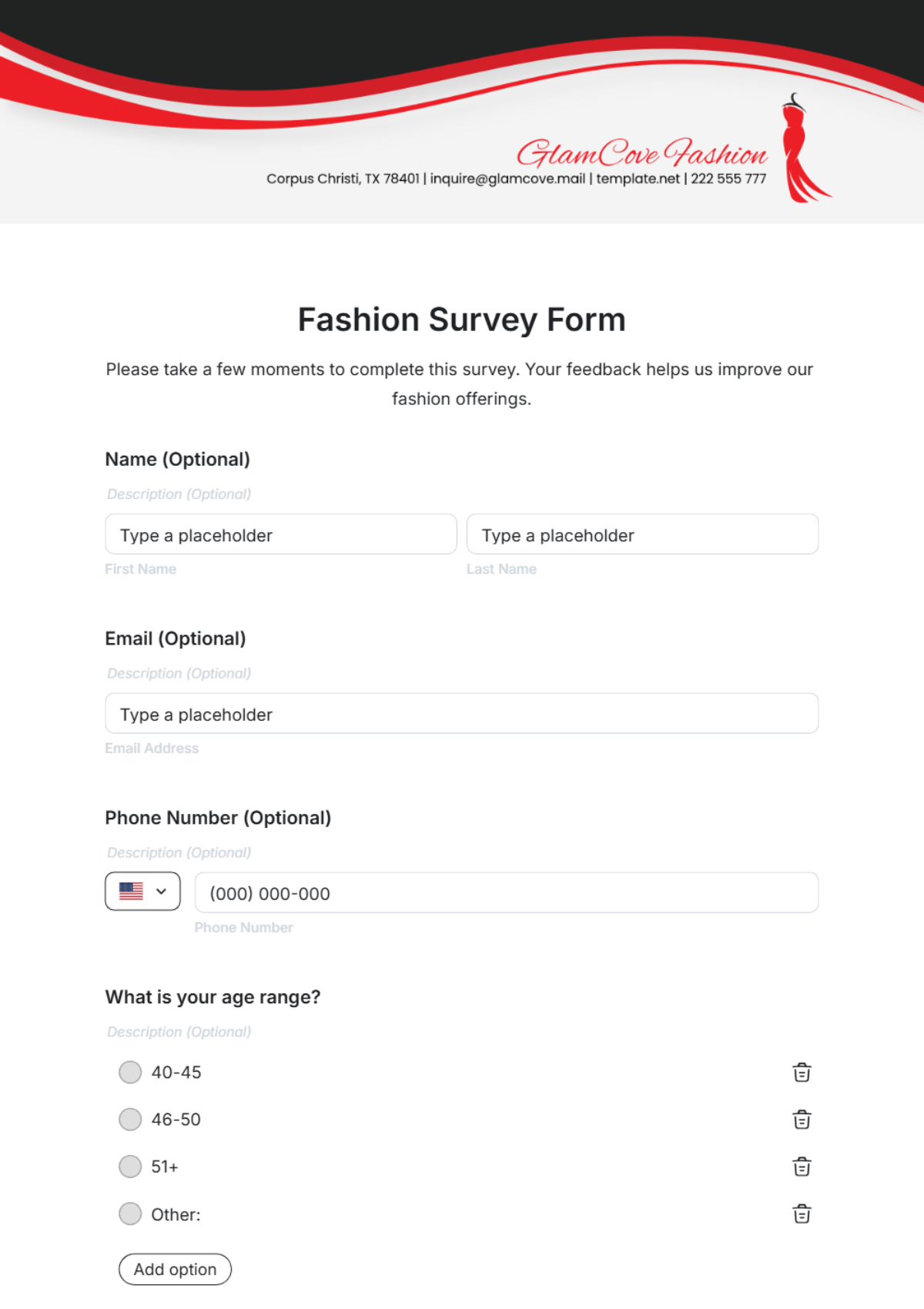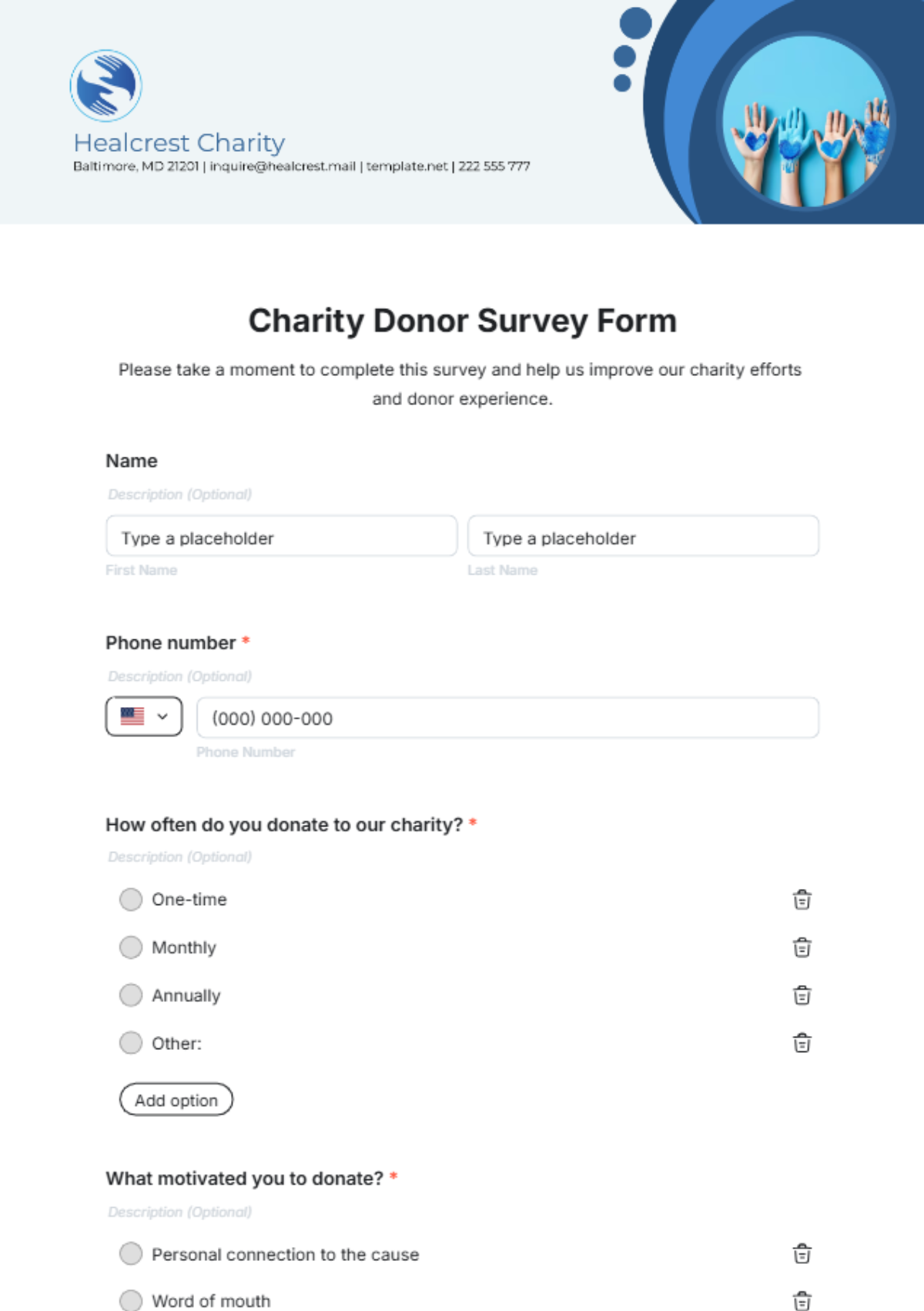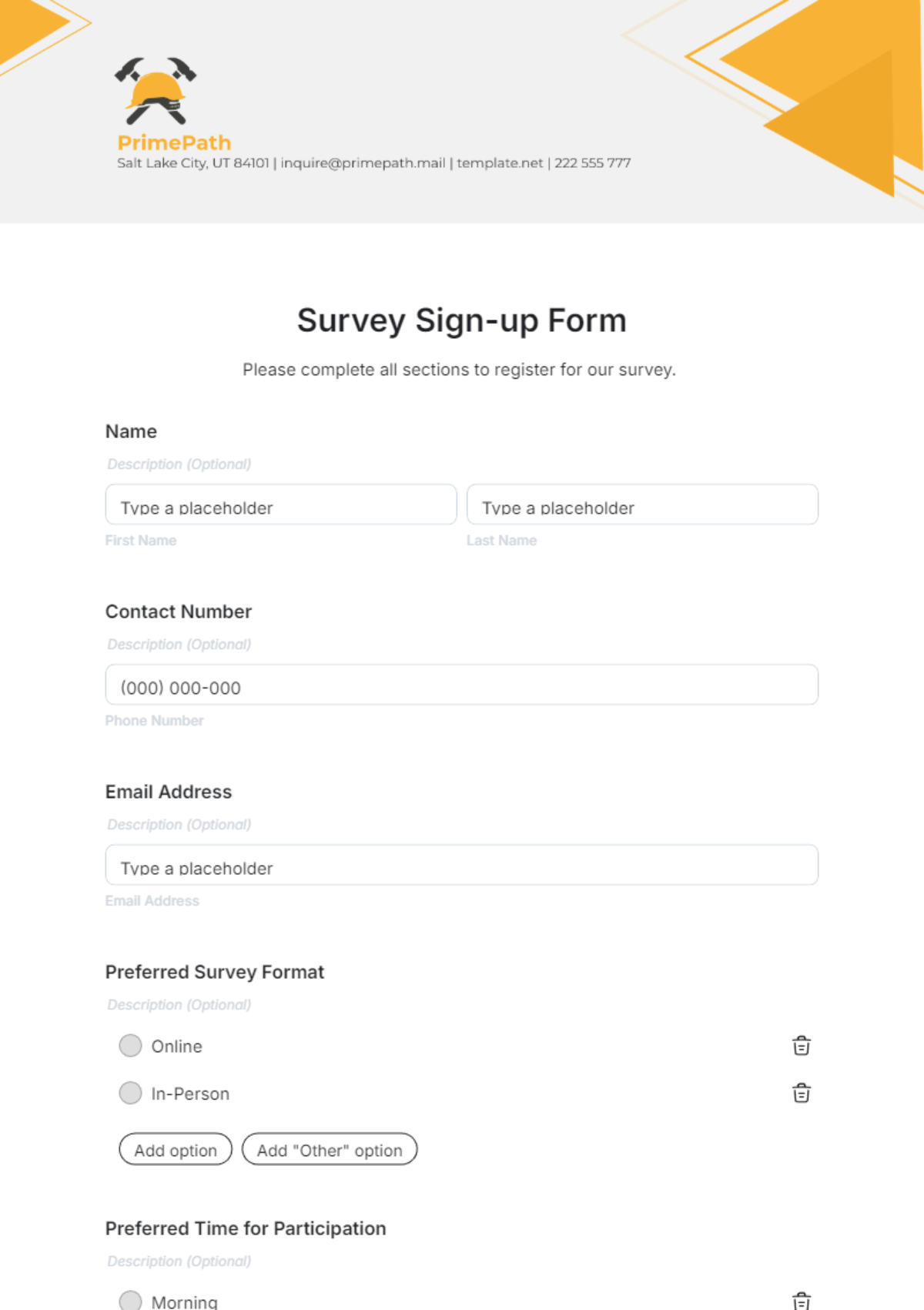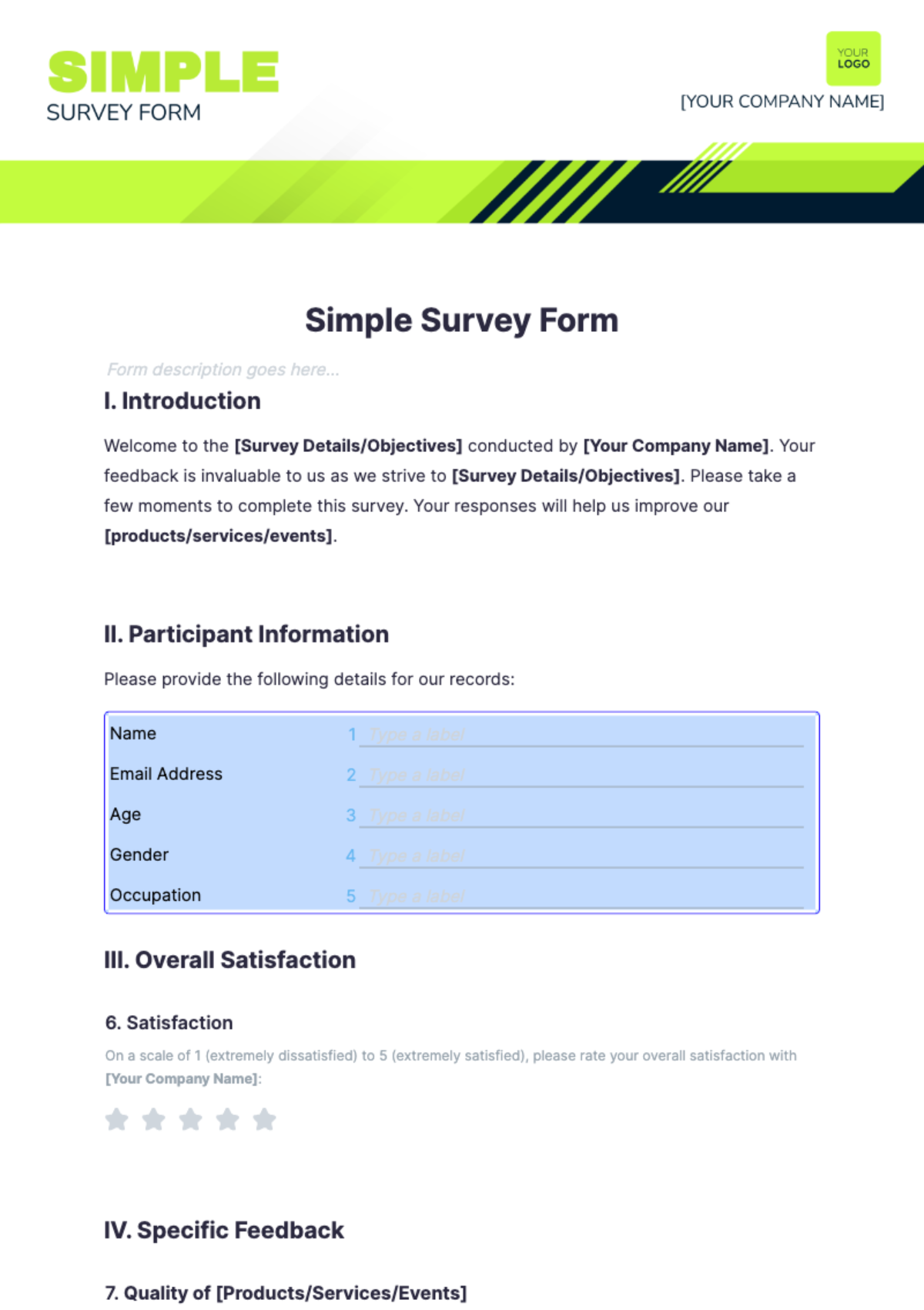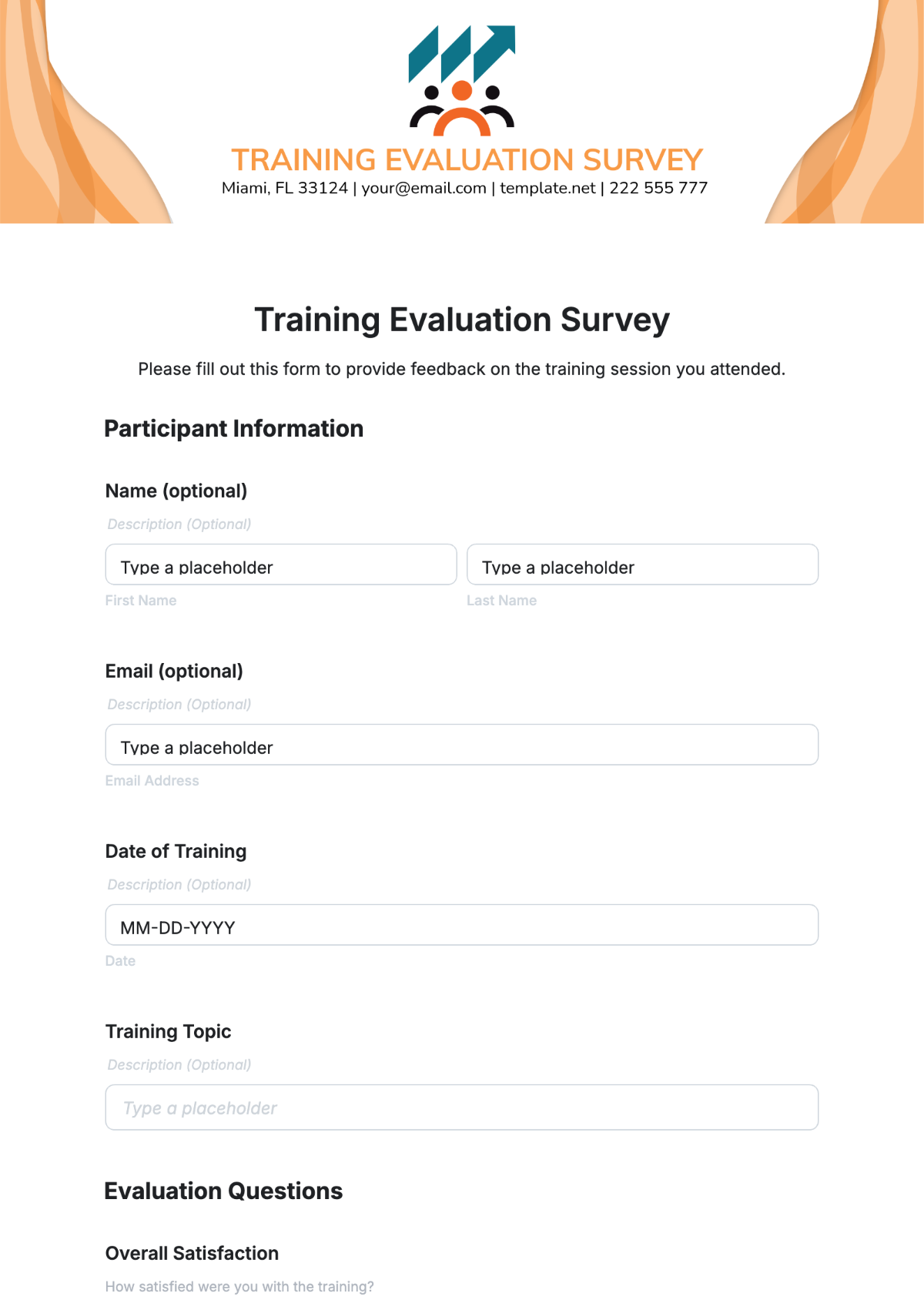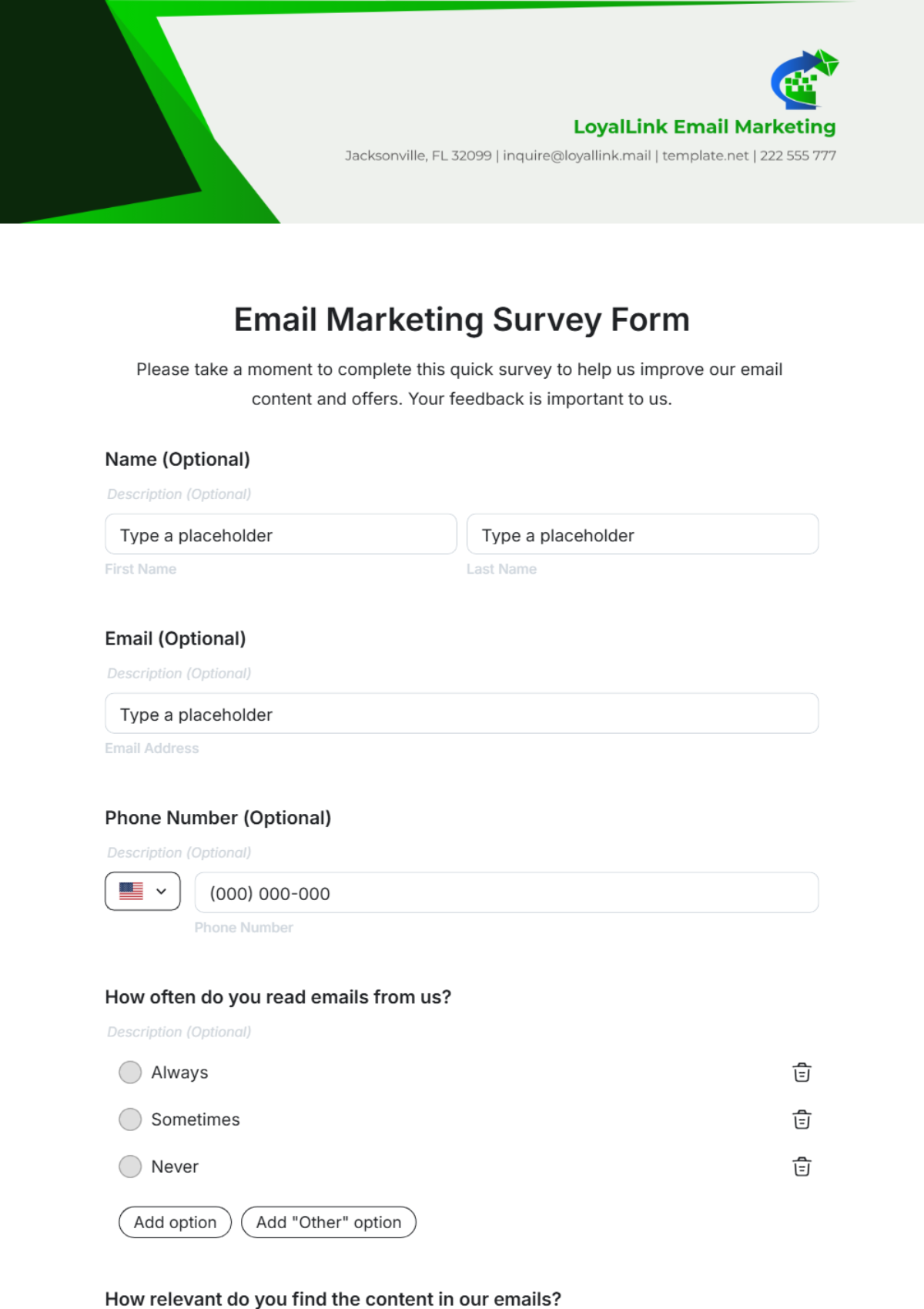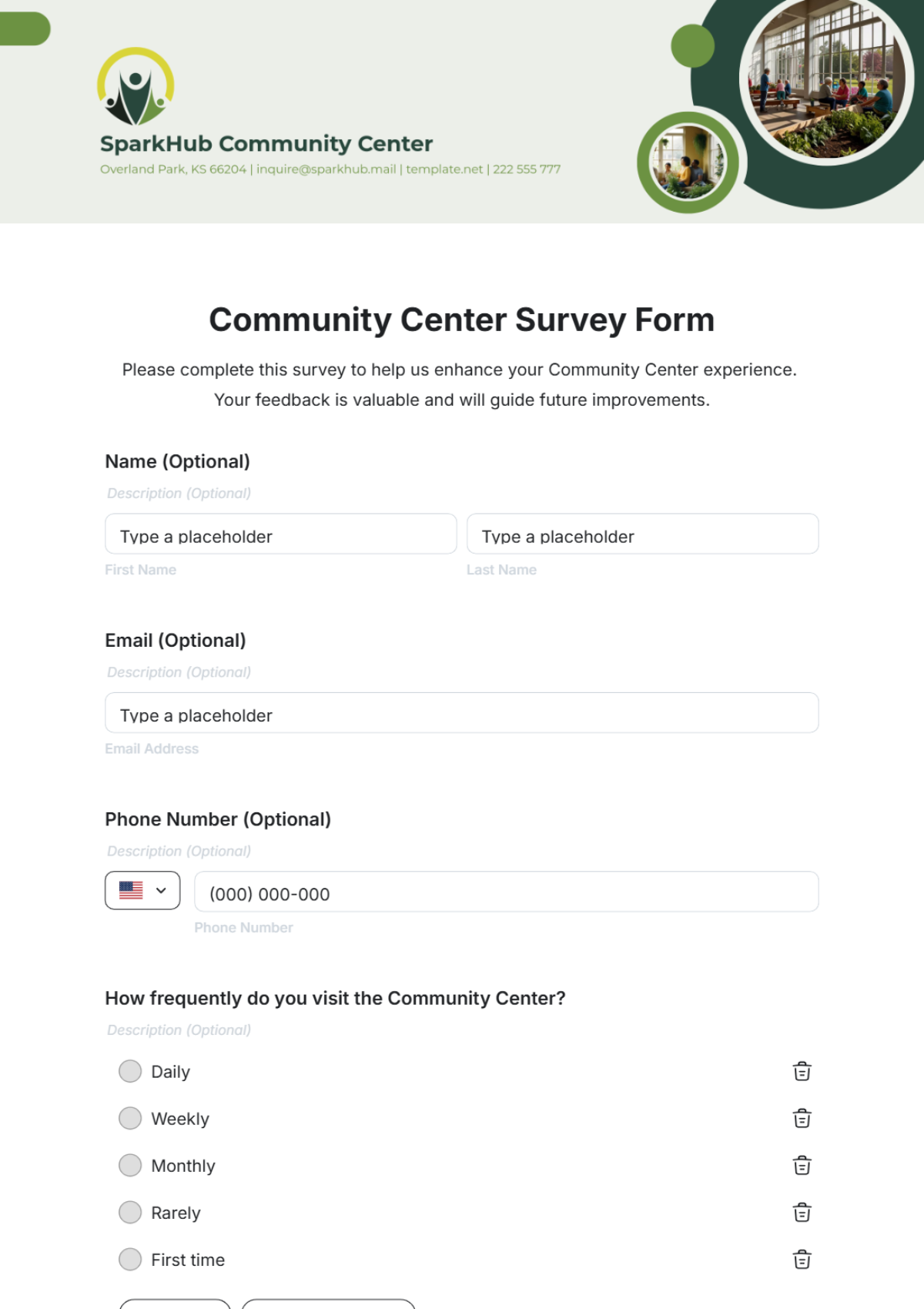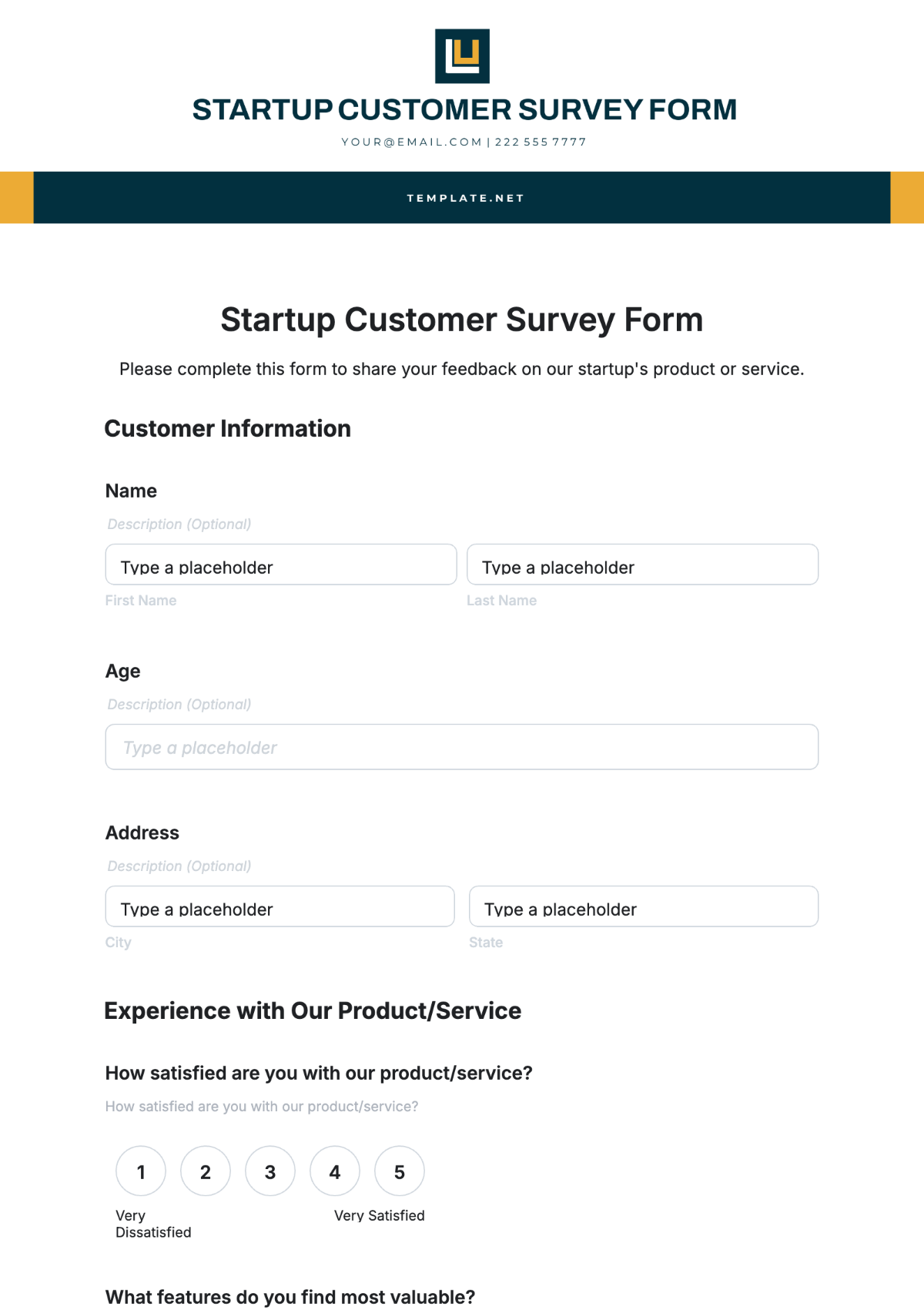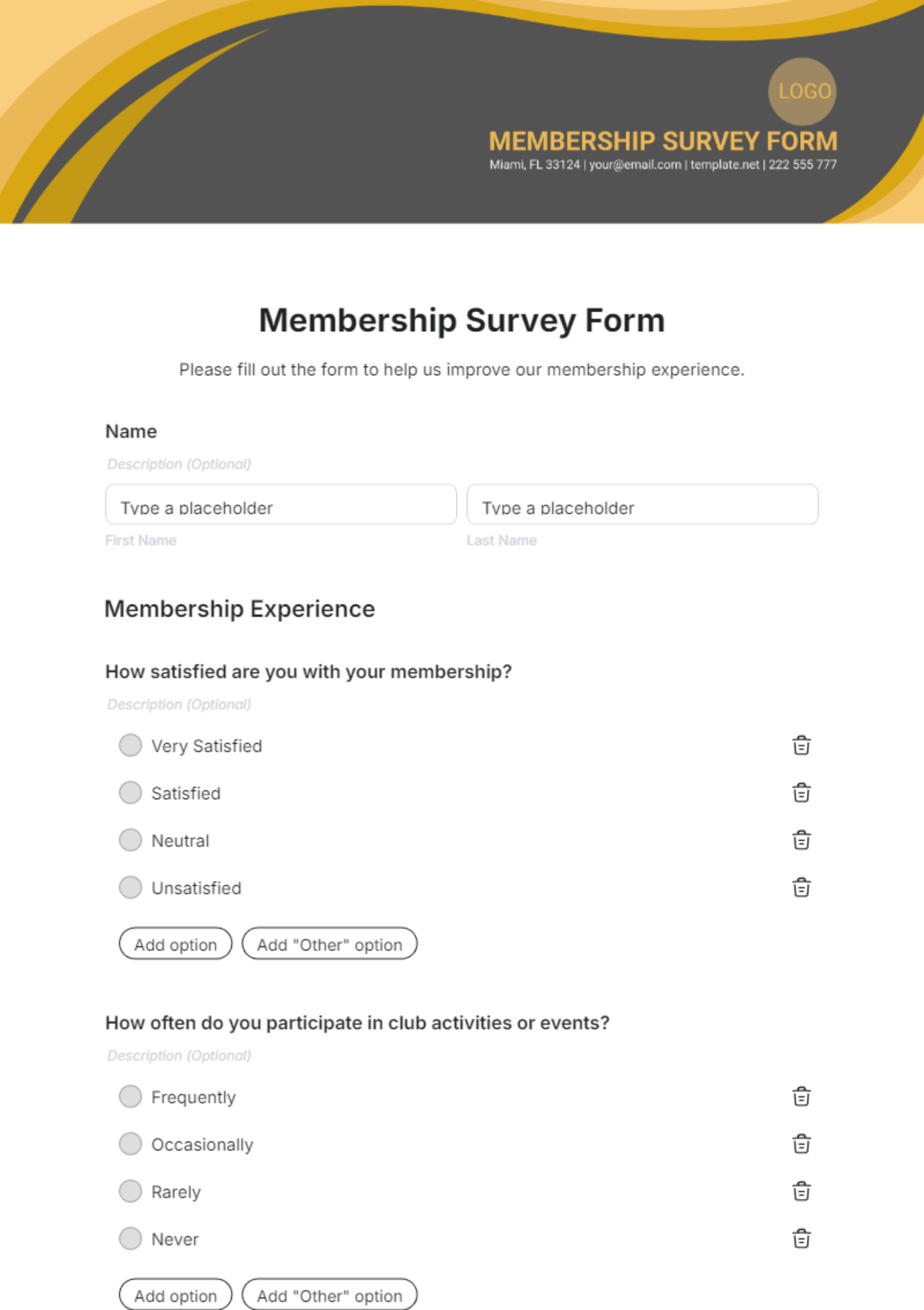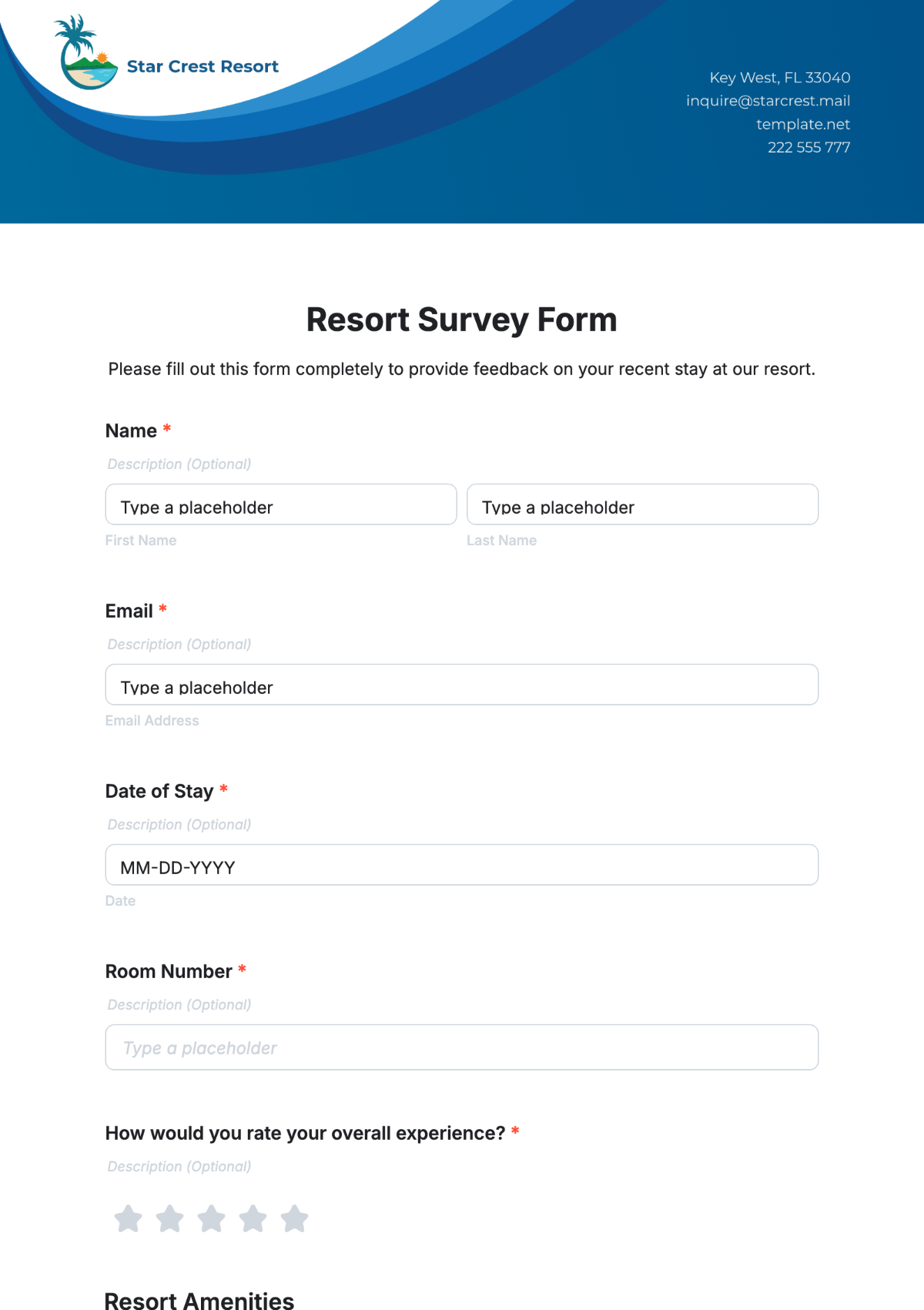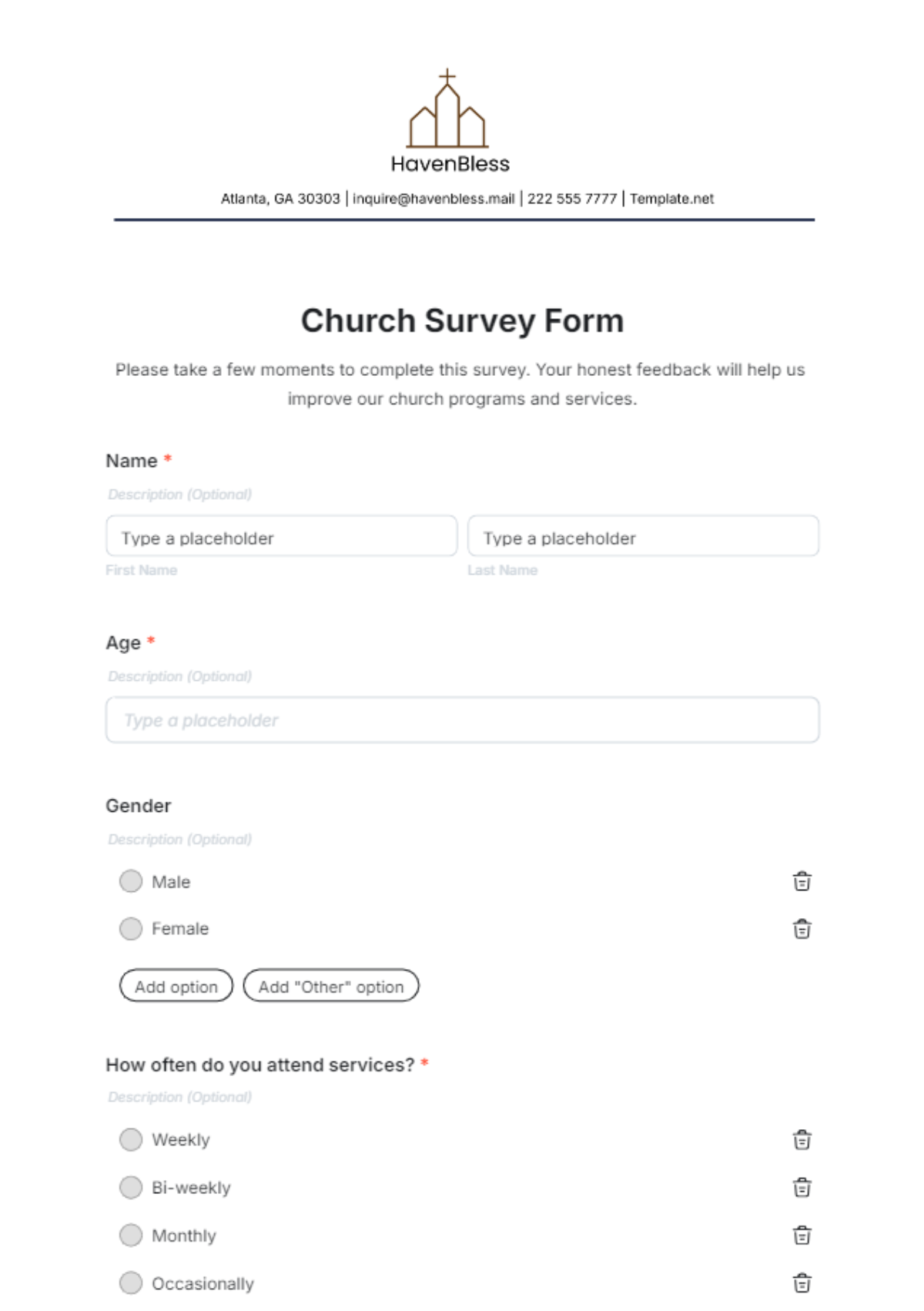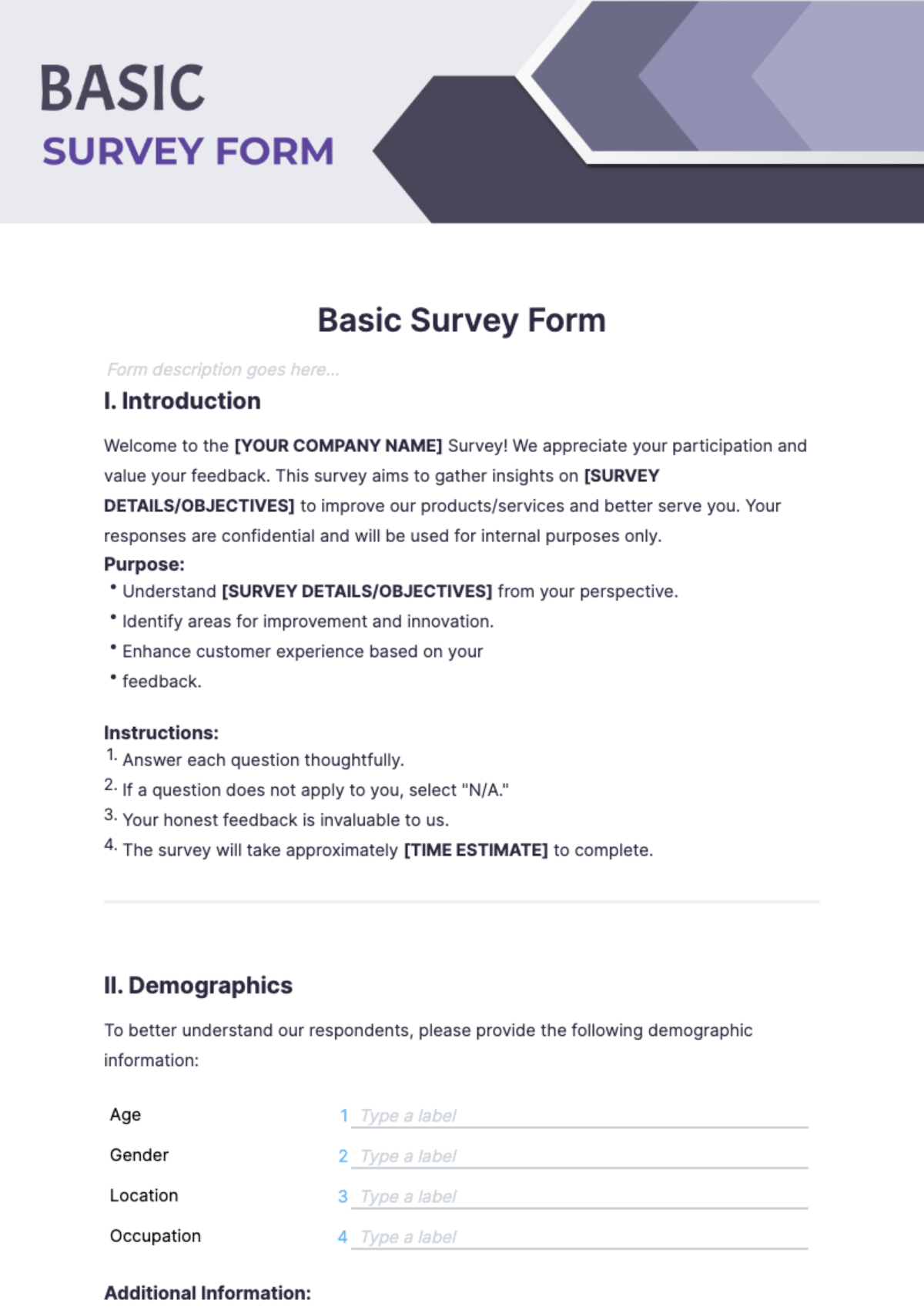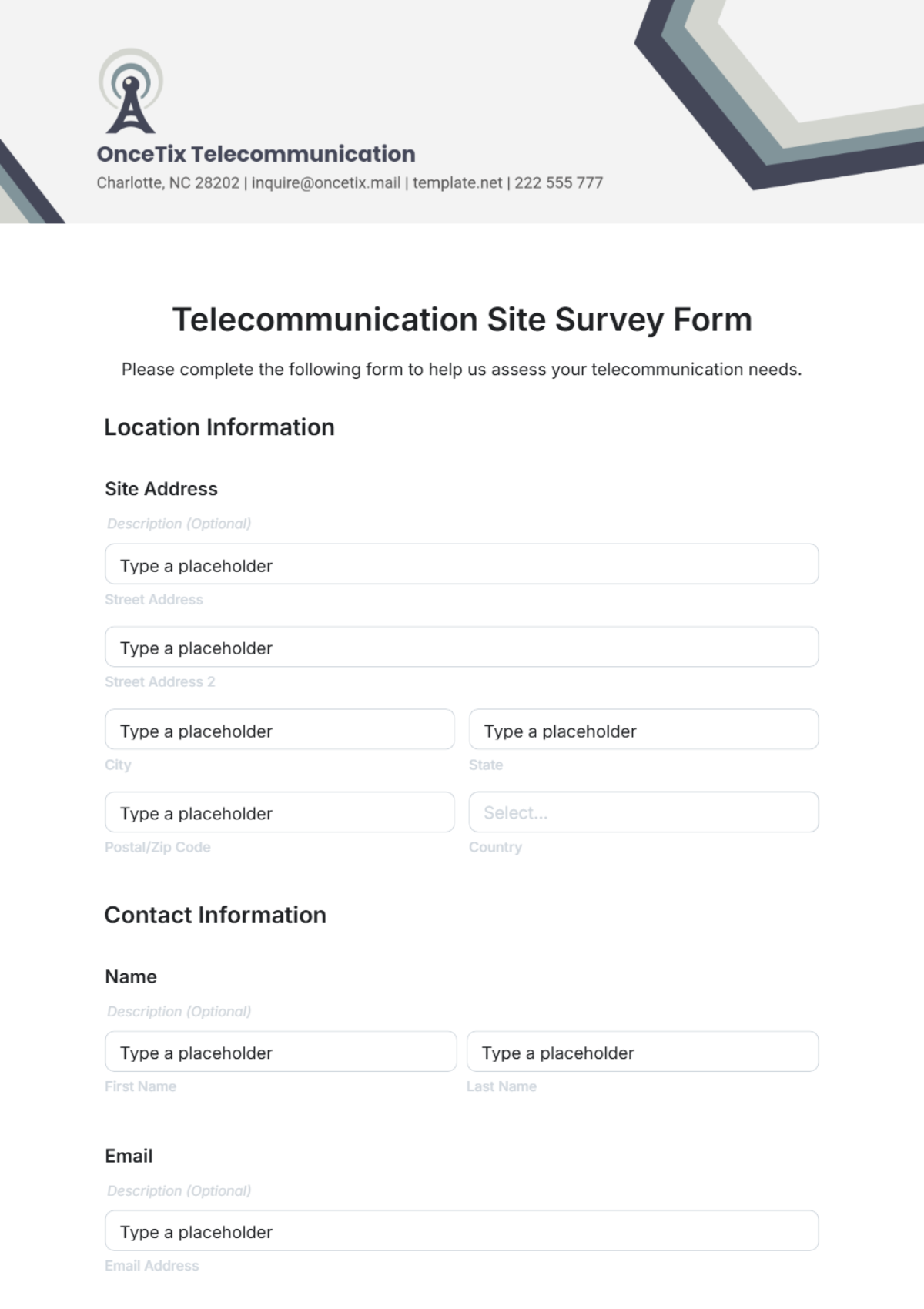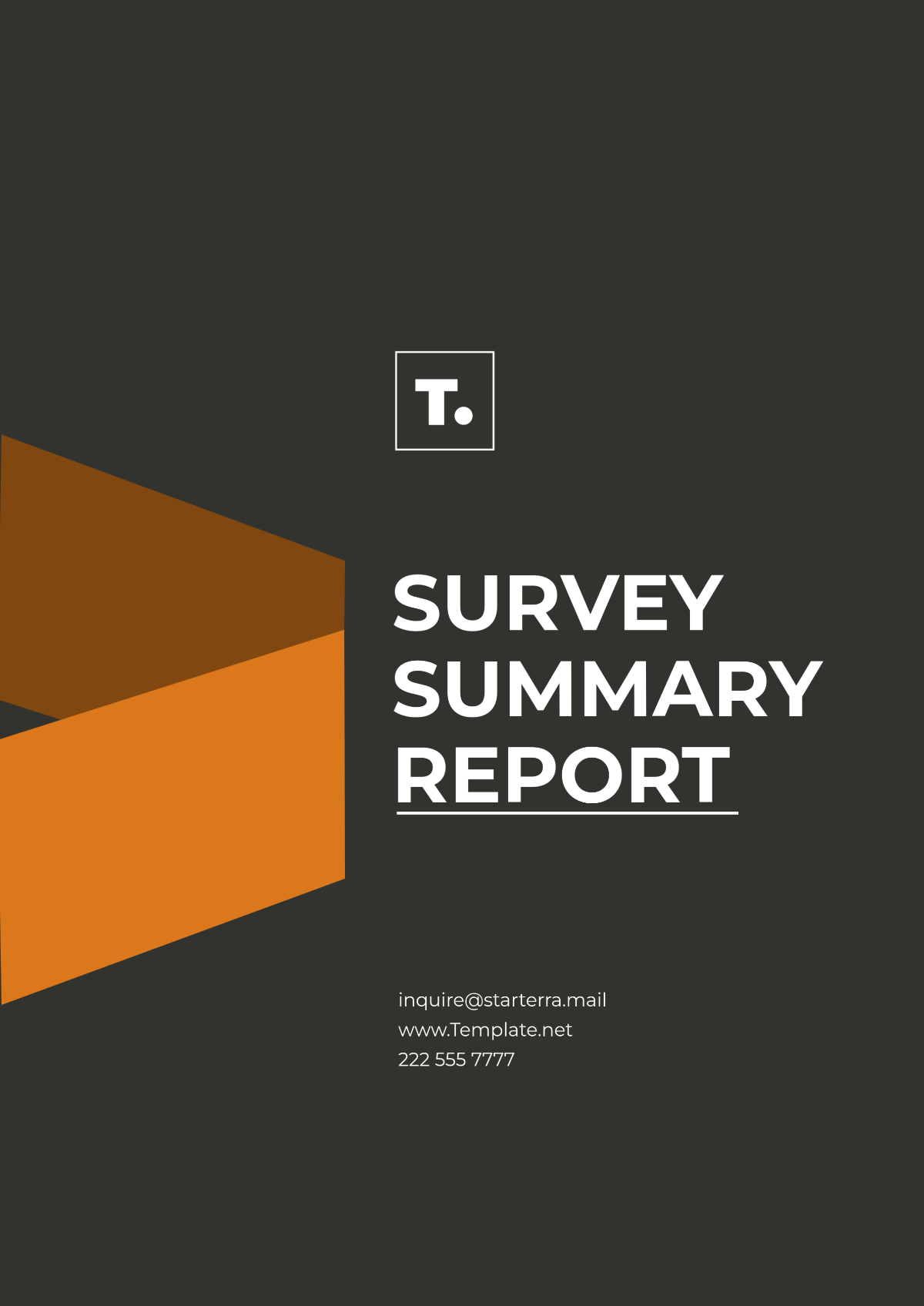Cultural Practices Survey Research
Prepared by: [YOUR NAME]
Date: [Date]
I. Introduction
Cultural Practices Survey Research is a structured study designed to gather and analyze information about cultural practices, beliefs, traditions, and social behaviors within a specific group or community. It aims to understand how these cultural elements influence daily life, social interactions, and community dynamics.
II. Objectives of the Study
The primary objectives of Cultural Practices Survey Research are:
To document prevalent cultural practices and traditions within a community.
To analyze the influence of these cultural practices on daily life and social interactions.
To understand the impact of cultural beliefs on community dynamics and cohesion.
To identify variations in cultural practices across different sub-groups within the community.
III. Research Methodology
The research methodology for Cultural Practices Survey Research typically involves the following steps:
Identifying the target community or group for the study.
Designing a comprehensive survey questionnaire that covers various aspects of cultural practices, beliefs, and social behaviors.
Administering the survey through appropriate channels, such as face-to-face interviews, online questionnaires, or focus groups.
Collecting and organizing the survey data for analysis.
Analyzing the data using statistical methods to identify patterns and trends.
Interpreting the results to draw meaningful conclusions about the influence of cultural practices on the community.
IV. Key Elements Explored
The survey aims to cover a wide range of cultural elements, including:
Cultural Element | Description |
|---|---|
Traditions and Rituals | Customary practices and ceremonies are part of the community's heritage. |
Beliefs and Values | Core beliefs and values that shape the community's worldview and behavior. |
Language and Communication | The primary language(s) spoken and common communication practices within the community. |
Social Structures | The organization of social relationships and roles within the community. |
Festivals and Celebrations | Significant events and celebrations that hold cultural importance. |
V. Analysis and Findings
The analysis of survey data includes both quantitative and qualitative approaches:
Quantitative Analysis: Utilizes statistical methods to identify trends, correlations, and patterns in the survey responses. Common techniques include frequency analysis, cross-tabulation, and regression analysis.
Qualitative Analysis: Involves interpreting open-ended responses and narratives to understand the deeper meanings and significance of cultural practices. Techniques include thematic analysis and content analysis.
VI. Implications and Applications
The findings from Cultural Practices Survey Research can have several important implications:
Helping policymakers and community leaders understand the cultural dynamics of their communities.
Informing the design of culturally sensitive social programs and services.
Enhancing cross-cultural communication and understanding within diverse societies.
Preserving and promoting cultural heritage and traditions.
VII. Conclusion
Cultural Practices Survey Research is a crucial tool for understanding the complex cultural landscapes within communities. By systematically gathering and analyzing information on cultural practices, beliefs, and social behaviors, researchers can provide valuable insights that inform policy, enhance social cohesion, and preserve cultural heritage.
VIII. References
Smith, J. (2050). Cultural Dynamics in Contemporary Societies. Oxford University Press.
Johnson, L. (2051). "The Role of Traditions in Community Cohesion." Journal of Cultural Studies, 15(3), 45-60. https://doi.org/10.1234/jcs.2019.015003
Brown, A. (2052). Understanding Cultural Heritage. Heritage Press. https://www.heritagepress.com/cultural-heritage

